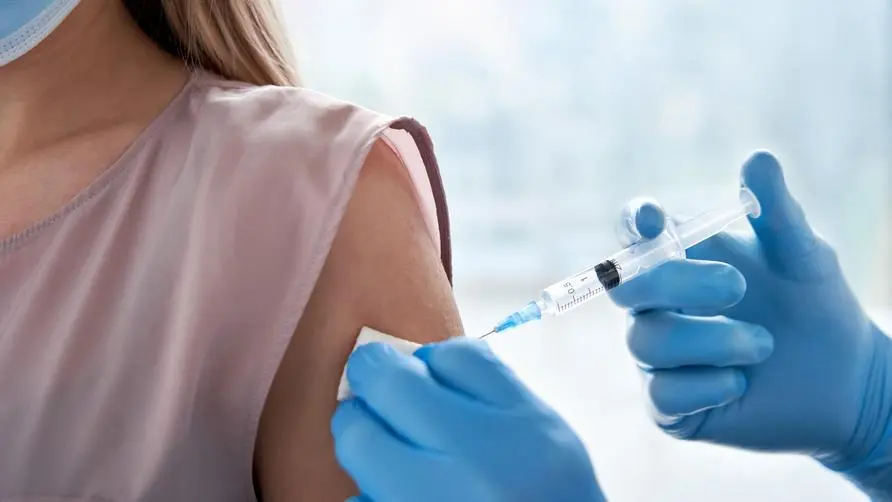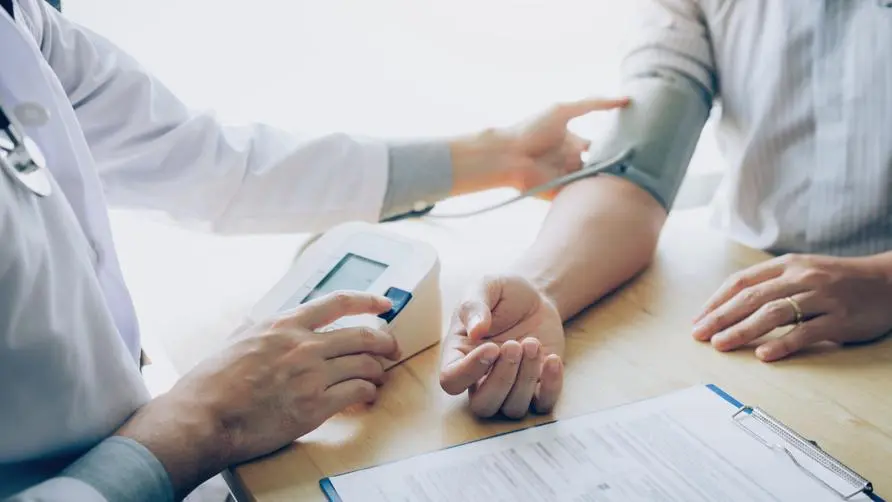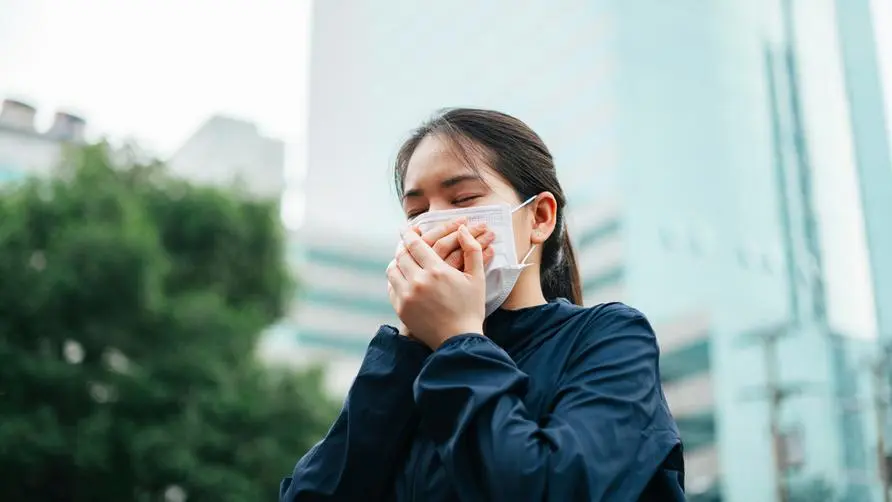Can vaccination reduce the risk of "COVID-19"? Research: The effect may only be 15%

Can vaccination reduce the risk of COVID-19? Research: The effect is only 15%
Can vaccines reduce the risk of “Long COVID”? The authoritative international journal “NATURE” reported that according to the latest survey and analysis of the health records of 13 million people, vaccination only reduces the chance of contracting COVID-19 by about 15%. This is the largest study on “long-coronavirus” so far, but the results are still uncertain and differ from other similar research data.
“NATURE” special article analysis pointed out that long COVID-19 usually refers to symptoms that last for weeks or even months after being infected with the new coronavirus. However, because it is difficult to quantify and the definition of symptoms is inconsistent, it is quite difficult to even study the prevalence of “long COVID-19”.
Some studies indicate that up to 30% of confirmed cases will develop COVID-19, while another study based on the medical records of 4.5 million U.S. veterans concluded that the incidence of COVID-19 is only about 7%.
Those who have been vaccinated have lower mortality rates from breakthrough infections and lower risks of developing COVID-19
In order to study the proportion of confirmed cases of COVID-19 and whether breakthrough infection increases the risk, the team of Ziyad Al-Aly, a nephrologist at St. Louis Medical Center in Missouri, USA, analyzed the health insurance of US military veterans from January to December 2021. The database includes 34,000 cases of breakthrough infections in vaccinated people and 113,000 confirmed cases in unvaccinated people.
The study claims that vaccination only reduces the risk of COVID-19 by about 15%, and that in cases of breakthrough infection after vaccination, the mortality rate is reduced by about 34%. However, among cases of breakthrough infection after vaccination, the proportion of 47 sequelae and 24 risks of COVID-19 is indeed lower than that of those who have not been vaccinated.
Al-Aly and the research team believe that vaccination can only reduce part of the mortality rate and risk of COVID-19. As the only current weapon to slow down the epidemic, it may not be the best way to reduce the incidence of COVID-19 and the health risks after diagnosis.
The number of people affected by COVID-19 is so high that complete lifting of the lockdown may increase the medical burden
However, another large study analyzed health report data from 1.2 million British mobile users and found that receiving two doses of the COVID-19 vaccine can reduce the risk of COVID-19 by half. This is quite different from the 15% data reported by the Al-Aly team. Al-Aly emphasized that the new coronavirus is highly contagious, and even if only a small number of patients develop COVID-19, the number of people affected by this disease is still quite large.
Al-Aly believes that current research shows that the protective effect of vaccines against COVID-19 is limited. He said that canceling unblocking measures such as wearing masks and social distancing may expose more risk groups to the risk of COVID-19, especially those with compromised immune systems. able-bodied patients. In particular, countries like the United States, which only rely on vaccines as their main anti-epidemic strategy, may face a situation where more people will develop sequelae of COVID-19 and need to seek medical resources.
There is no consensus on the definition of COVID-19, scientists call for accelerated development of treatments
Steven Deeks, a researcher at the University of California, San Francisco, said that the study did not include data on the many recent infection cases caused by Omicron, so it is impossible to infer the probability and risk of sequelae of COVID-19 infection after Omicron infection, and the virus is currently the main cause of the global pandemic. Mutant strains.
Deeks pointed out that scientists must confirm a consistent definition of COVID-19 and find the clearest solution through quantifiable standards such as biomarkers, imaging tests, and pathogenic mechanisms. However, this study does drive home the need for more research into COVID-19 and to accelerate the development of treatments.
Source:
Long COVID after breakthrough SARS-CoV-2 infection
Long COVID risk falls only slightly after vaccination, huge study shows
Further reading:





